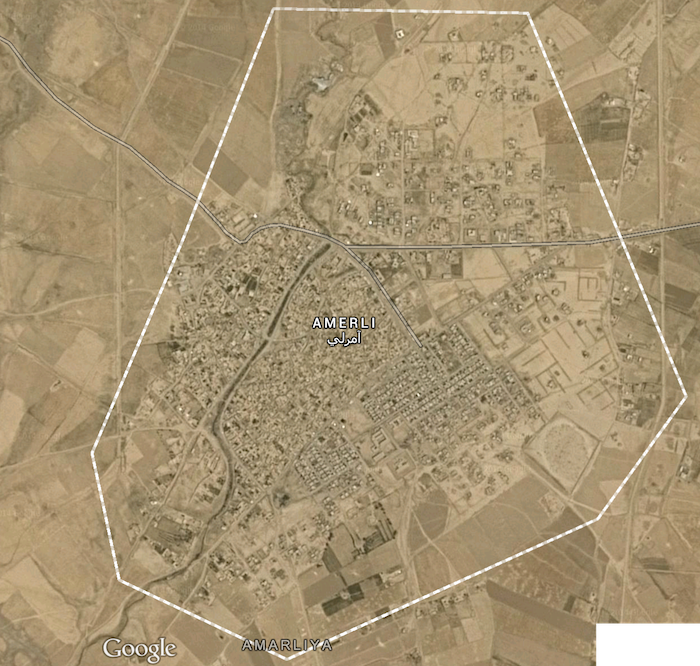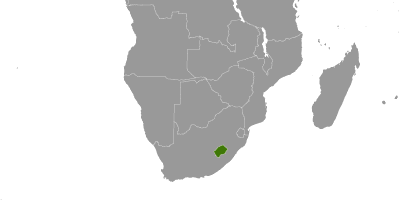A week ago I asked why there seemed to be a double standard regarding US response toward the Shiite Iraqi Turkmen community at Amirli, which was facing a severe humanitarian crisis after two months of ISIS encirclement, not unlike the situation at Mount Sinjar that had prompted the US to intervene militarily to break the siege around the Yazidi Kurds. The UN and other groups had begun calling for a relief mission to send more food and medicine to Amirli and were puzzled as to why a strong response had not already occurred.
It took longer than it ought to have but tonight we have a resolution to the double standard as U.S. airstrikes began on ISIS positions around the town of Amirli and coalition humanitarian aircraft arrived with help:
American warplanes launched airstrikes on Sunni militants who have been besieging the town of Amerli in northern Iraq on Saturday, in a broadening of the campaign against the Islamic State in Iraq and Syria.
The Pentagon announced the expanded strikes Saturday night. Rear Adm. John Kirby, the Pentagon press secretary, said that American planes also airdropped food, water and humanitarian aid to the town of Amerli, home to members of Iraq’s Turkmen minority. The town of 12,000 has been under siege by the militants for more than two months.
Aircraft from Australia, France and the United Kingdom joined the United States in dropping the supplies, Admiral Kirby said in a statement.
Update, August 31, 2014: Iraqi ground troops and Shiite paramilitary forces arrived into the town today after several days of slowly fighting ISIS through the surrounding area. The airstrikes cleared the final path.
The town, located several dozen miles east of Tikrit or south of Kirkuk, is at the nexus of the Sunni Arab heartland and greater Iraqi Kurdistan. Relations between Kurdish political leadership — who are closely aligned with the United States — and the Iraqi Turkmen people have sometimes not been good, as I explored in the post last weekend.





